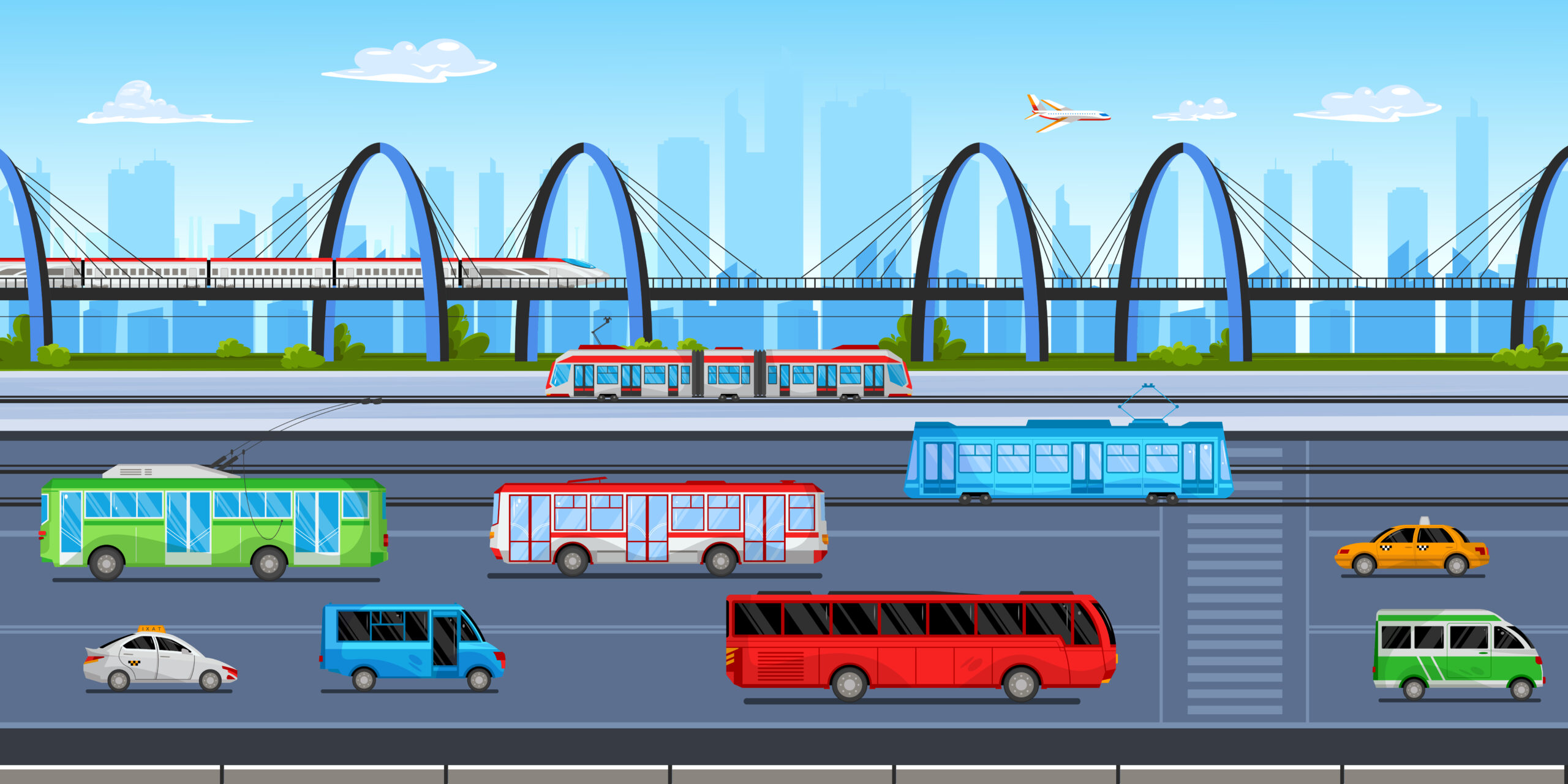The Evolution of Infrastructure and Transport in Maharashtra
Maharashtra has long been a pioneer in infrastructure and transport development, acting as India’s economic powerhouse with its robust road networks, rail corridors, ports, and airports. Mumbai, the state’s financial capital, has been at the center of urbanization and transport expansion for decades. From the construction of the Mumbai-Pune Expressway in 2002, which transformed regional connectivity, to the Mumbai Metro and Trans-Harbour Link, infrastructure development has continuously fueled economic growth.
With rapid urbanization and industrialization, the state’s infrastructure sector has evolved into one of the largest contributors to GDP, supporting trade, manufacturing, and logistics. Government-backed projects such as the Delhi-Mumbai Industrial Corridor (DMIC), upcoming bullet train, and multi-modal transport systems have positioned Maharashtra as a key hub for domestic and international businesses.
Now, the Maharashtra Budget 2025-26 has introduced massive allocations for infrastructure and transport, aiming to ease urban congestion, expand metro networks, and improve last-mile connectivity. This focus not only enhances mobility but also creates multiple business opportunities in construction, smart mobility, and logistics.
Growth Drivers: The Key Factors Boosting the Sector
Several factors are accelerating the expansion of infrastructure and transport in Maharashtra:
- Urbanization and Population Growth
- Maharashtra’s cities are expanding rapidly, with Mumbai, Pune, and Nashik witnessing a surge in housing, commercial spaces, and transit demands.
- The need for efficient public transport, better roads, and improved connectivity has led to increased investments in metro rail, highways, and smart mobility solutions.
- Government Infrastructure Investments
- Maharashtra’s ₹64,000 crore allocation for reducing Mumbai’s traffic congestion is a major push towards developing flyovers, expressways, and metro expansions.
- Pune Metro Phase 2 (₹9,897 crore) and the Mumbai-Ahmedabad Bullet Train station near Vadhvan Port are set to improve regional connectivity and trade.
- Growing Logistics and Industrial Hubs
- Maharashtra houses major industrial corridors and logistics parks, including Nhava Sheva Port (Jawaharlal Nehru Port), MIDC industrial zones, and emerging freight corridors.
- The development of multi-modal transport networks is expected to enhance supply chain efficiency and reduce logistics costs.
- Green and Smart Infrastructure Initiatives
- Increased emphasis on sustainable transport solutions like EV charging stations, smart metro systems, and green building technologies.
Why is the Sector Highlighted in Maharashtra Budget 2025-26?
The Maharashtra government has placed infrastructure and transport at the forefront of the budget due to its critical role in economic growth, employment generation, and urban development. Key reasons include:
- Reducing Traffic Congestion: Mumbai’s roads are among the busiest in India, leading to increased commute times and economic productivity losses. The ₹64,000 crore investment in decongestion projects will ease urban mobility.
- Boosting Regional Connectivity: The Navi Mumbai International Airport (set to begin operations from May 2025) and the third Mumbai airport proposed near Vadhvan Port will open new trade and real estate investment corridors.
- Enhancing Logistics and Trade: The Mumbai-Ahmedabad Bullet Train station near Vadhvan Port will strengthen freight and passenger transport efficiency, benefiting ports, warehousing, and logistics.
- Pushing Metro Rail Expansion: The Mumbai Metro link between Chhatrapati Shivaji Maharaj International Airport and Navi Mumbai International Airport will boost public transport usage and commercial development along metro corridors.
These strategic developments create multi-billion-dollar business opportunities across various sub-sectors.
New Business Opportunities in Infrastructure and Transport
 Metro and Urban Transport |  Aviation and Airport Infrastructure Opportunities |  Road and Highway Expansion Opportunities |  Port and Maritime Industry Opportunities |
| Set up retail stores, cafes, and commercial spaces inside new metro stations | Build short-stay hotels near Navi Mumbai and Shirdi Airports for business travelers | Develop AI-based traffic monitoring systems for Mumbai’s decongestion project | Start premium Mumbai-Goa ferry services using hydrofoils |
| Electric minibus and shuttle services to connect metro stations with office and residential areas | Invest in aviation spare parts and aircraft repair facilities for upcoming airports | Install fast-charging stations on Mumbai-Pune Expressway and near metro stations | Develop bonded storage facilities for international cargo |
| Invest in biometric or QR-code-based metro ticketing solutions | Establish a fleet of executive charter flights between Mumbai, Pune and tourist destinations | Set up robotic parking towers in congested city zones | Build premium cruise docks and waterfront hospitality hubs in Mumbai |
Conclusion: The Future of Maharashtra’s Infrastructure Boom
The infrastructure and transport sector in Maharashtra is undergoing a transformative phase, with the government’s investments reshaping urban mobility, logistics, and trade connectivity. Businesses operating in metro rail development, highway construction, logistics, and sustainable transport solutions have a unique opportunity to align with these large-scale initiatives.
Companies that specialize in smart infrastructure, digital mobility solutions, and green energy integration will be at the forefront of this growth. Whether it is infrastructure development, logistics expansion, or transport innovation, now is the time to capitalize on Maharashtra’s evolving landscape.
Looking to explore business opportunities, feasibility studies, or investment advisory services? We provide expert guidance on navigating Maharashtra’s infrastructure expansion and unlocking growth potential.
Contact us today to explore strategic opportunities in Maharashtra’s booming transport and infrastructure sector.
